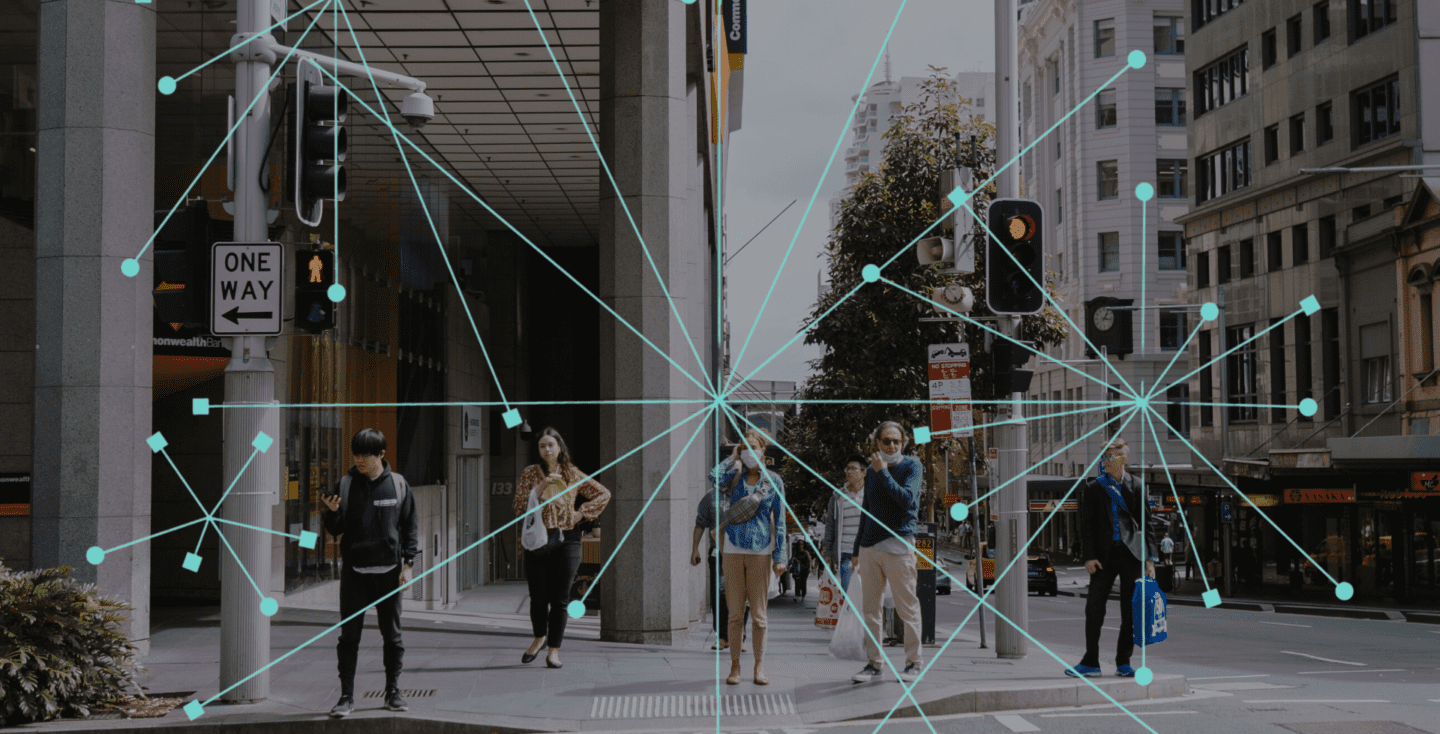In Utah, the PSG’s discussions helped the state’s health department validate to others the importance of antigen testing. There continue to be good reasons for antigen or molecular testing, but this session clearly demonstrated that molecular was feasible and successful.
Dr. Victor MacIntoshConsultant, Utah Department of Health
Finally, the PSG aided the wider development of protocols and efforts to target the right audiences for public health messaging. David Anderson, a Research Associate at the Duke-Margolis Center for Health Policy, which partnered with The Rockefeller Foundation, put it best when he said, “PSG has been an excellent forum for the exchange of frank and pragmatic challenges, concerns and perspectives. The information shared has significantly shaped the protocols that we at Duke-Margolis have developed as well as aided us in targeting our work to the right audiences and their specific needs.”
Although too many have been lost over the last year, something special and valuable has been gained: a reinvigoration of public health in this country through the sorts of convenings and teamwork that have been hallmark of this group effort.
Today, we are at yet another inflection point in the pandemic. Nearly half of American adults have received their first vaccine. Reaching the other half will require our best public health tools and strategies informed by community leaders. It will require compassionate conversations with people who aren’t yet confident in vaccines. And it will require creative and community-led solutions to meet people where they are, like mobile vaccination clinics, walk-up sites, and door-to-door vaccinations.
Of course, even as we improve vaccinations, we also know testing, genomic surveillance, and other public health tools are just as critical for ending this pandemic and preparing for the next one. That’s especially true because this pandemic has laid bare longstanding health inequities and their consequences.
The Pandemic Solutions Group is poised to address these persisting challenges, and offers a useful model and testament to the power of cooperation in meeting seemingly insurmountable public crises. I am proud of the work they have accomplished, and confident they will help all of us meet the tests and tasks of the coming weeks and months.
Related Updates
